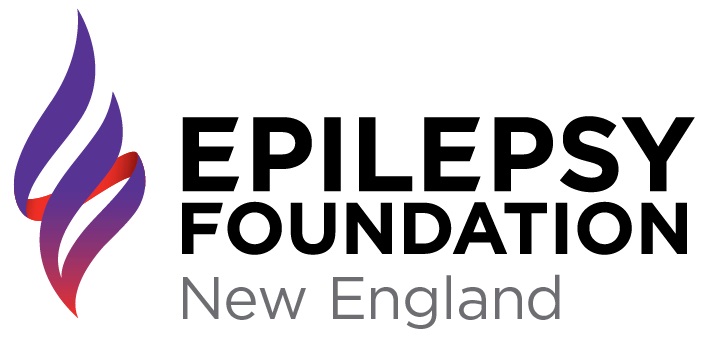The Basics
Understanding Epilepsy
Ending epilepsy requires a thorough understanding of how and why those living with epilepsy are affected. Our handy resource library makes it easy to know what we’re up against.
The Basics
No two types of epilepsy may exactly alike, but most share some common symptoms most likely to affect those living with an epilepsy diagnosis.
What Is Epilepsy?
Epilepsy, also often referred to as a seizure disorder, is a common medical condition which affects the central nervous system. While some people may experience a single seizure in their lifetime, the diagnosis of epilepsy is made after a person experiences two or more seizures that were not caused by another known medical condition.
What Is a Seizure?
Seizures seen in epilepsy are caused by disturbances in the electrical activity of the brain, which disrupts normal function and can produce a change in a person’s movement, sensation, behavior or consciousness. The seizures which occur in epilepsy may be related to a brain injury or a family tendency, but all-too-often the cause remains unknown. There are several different types of seizures, and a person with epilepsy may experience more than one type of seizure in their lifetime.
Is A Seizure A Medical Emergency?
Often, the first time a person has a seizure they may be taken by ambulance to the Emergency Room. In the emergency room the person will be evaluated by the emergency room physician and may also be seen by a neurologist, or may be referred to see a neurologist to follow up.
Diagnosis of Epilepsy
Recognizing and diagnosing the type of seizure or epilepsy affecting a person can sometimes be challenging. However, there are a few common ways of testing and determining an epilepsy diagnosis.
How Is Epilepsy Diagnosed?
There are many medical conditions that can cause changes in behavior, sensation, movement and awareness that might be confused with epilepsy. However, what actually happens during a person’s seizure - and their medical history - can be critical in helping to accurately diagnose epilepsy.
If a medical history of epilepsy is suspected, a doctor may order medical tests to try and confirm the diagnosis. Early testing might include an EEG test (electroencephalogram), which allows for the recording of brain activity, and blood tests as part of the initial work-up. Additionally, an MRI (magnetic resonance imaging) can provide a detailed picture of the brain’s anatomy to better evaluate the condition of a person who is having seizures.
What Kind of Doctor Can Help to Diagnose Epilepsy?
If you or a loved one suspects a problem, it is important to first share this information with your primary care doctor (family physician, pediatrician), who will perform an evaluation. Your primary care doctor will listen to you and may order some initial testing, but in most instances if they are concerned that you may be experiencing seizures they will refer you to a neurologist.
A neurologist is a doctor who is trained to diagnose disorders of the brain, including epilepsy. Some neurologists who have specific training in epilepsy and are called epileptologists, specialists who often work with epilepsy centers to provide care for those who face unique or challenging symptoms.

The Epilepsy Foundation New England is here to serve and assist the epilepsy community. We partner with the Epilepsy Foundation of America to provide access to information, resources, and support for our constituents.
